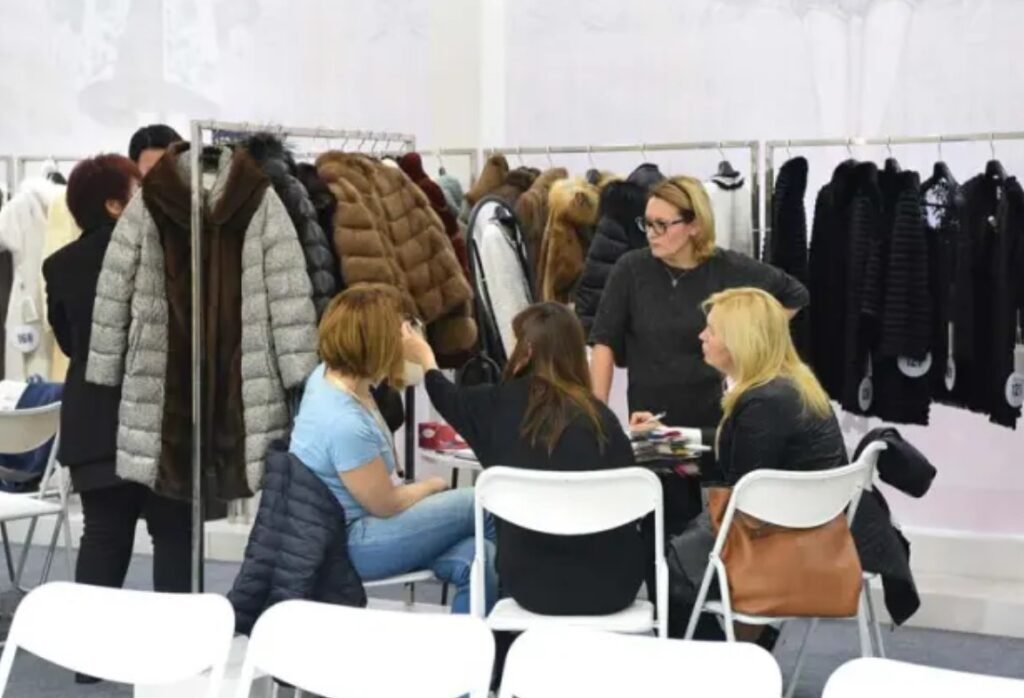Tivoli, a family-owned fur house founded in 1970, is not afraid of change. The brand has evolved from a traditional Made in Italy label to a fashion brand that uses textiles from all over the world for its collections, while preserving the artisanal skills of its workers. Tivoli is also committed to sustainability, using recycled materials, zero-waste practices, and organic fabrics. In this article, we will explore how Tivoli is transforming the fur industry with its innovative and ethical approach.
Tivoli was founded by Carlo Tivioli, who started his career as a furrier in the 1950s. He soon became known for his creativity and quality, working with prestigious clients such as Audrey Hepburn, Sophia Loren, and Elizabeth Taylor. He also collaborated with renowned designers such as Valentino, Giorgio Armani, and Gianfranco Ferré, creating exclusive fur collections for them.
In 2014, Carlo Tivioli passed the brand to his son, Clemente, who grew up in the family workshop. Clemente Tivioli decided to continue his father’s footsteps, but also to find new ways to appeal to a younger and more conscious audience. He moved the brand from Via Montenapoleone, the heart of the Milan fashion district, to Via Santo Spirito, a quieter and more artistic street. He also redesigned the boutique, hiring the legendary architect Gae Aulenti to create a modern and elegant interior, while preserving the original façade by Caccia Dominioni.

A global and diverse vision of fashion
Tivoli’s collections are not limited to fur, but include a variety of textiles from different cultures and traditions. Clemente Tivioli travels the world to source fabrics, such as antique shawls from Tunisia, silk scarves from India, and cashmere from Mongolia. He then combines them with fur, leather, and shearling, creating unique and eclectic pieces that reflect his personal taste and curiosity.
Tivoli’s products are not mass-produced, but made by skilled artisans who work with care and attention to detail. Each piece is one-of-a-kind, and can be customized according to the customer’s preferences. Tivoli also offers a service of transforming and upcycling old fur garments, giving them a new life and style.
A responsible and sustainable attitude
Tivoli is aware of the environmental and social impact of the fashion industry, and strives to reduce its footprint and promote ethical values. The brand follows three principles: durability, zero-waste, and quality over quantity. Tivoli’s products are made to last, using high-quality materials that can withstand time and wear. Tivoli also uses recycled and leftover fabrics, patchworking and embroidering them onto cashmere sweaters, for example. Tivoli avoids waste, using every scrap of material and donating or recycling the unsellable products.
Tivoli also uses organic and eco-friendly fabrics, such as cotton, linen, and hemp. The brand uses FSC compliant hand-made wood cabinets, and 100% eco-friendly packaging. Tivoli does not use plastic, and has switched to digital owner manuals. Tivoli also supports animal welfare, using only certified fur from farms that respect the animals’ health and well-being.
Tivoli is not only a fur house, but a luxury brand that embraces change and challenges. Tivoli is a brand that respects its heritage and its environment, and that celebrates diversity and creativity. Tivoli is a brand that is reinventing the fur industry with sustainability and craftsmanship.
